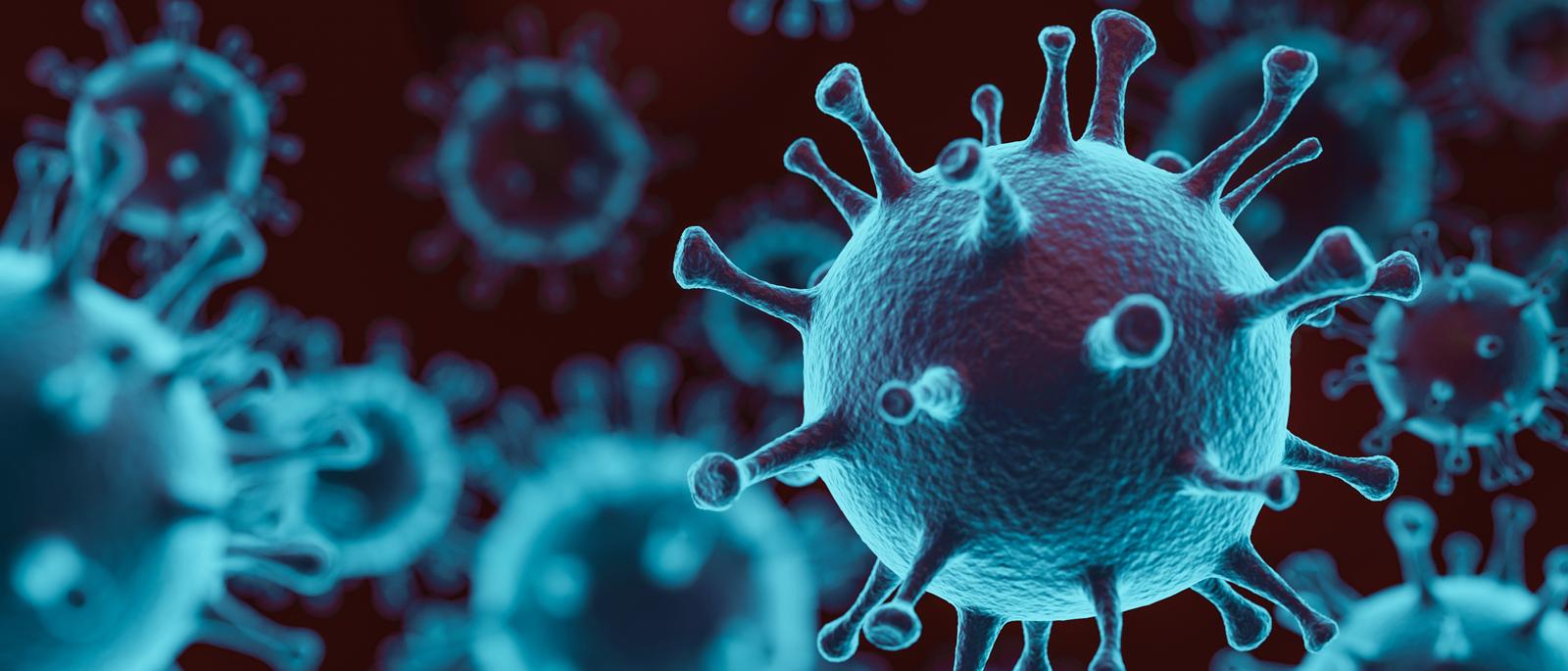What is COVID-19 – Coronavirus Disease
Apr 19, 2022
With the scare of Corona Virus infection on the rise in India after recent positive cases in many part of the country, it is important that all of us should have knowledge on what it is and what kind of disease it causes.
A Betacorona virus, Corona Virus is an RNA virus and its most common transmission has been associated with animals like bats, cats and camels. The Corona Virus Infection can occur from animals to humans too and is highly contagious. If a human being is infected, human to human transmission can occur rapidly.
The first epidemic happened in 2002 in South East Asia caused by SARS – Corona Virus (Severe Acute Respiratory Syndrome Corona Virus). The second outbreak happened in 2012 in Middle East countries and was causes by MERS – Corona Virus (Middle East Respiratory Syndrome Corona Virus).
Corona Virus is highly mutagenic. This time the first case was detected in the Wuhan city of China. There is an assumption that the first person got infected in the seafood market. Since then, the total number of 97,699 confirmed cases have been reported worldwide. In India, approximately 30 cases have been confirmed till March 5, 2020. The disease caused by Corona Virus is called COVID-19 where CO stands for Corona, VI stands for Virus and D stands for Disease and 19 is the year of detection. The name of the virus is SARS- Corona Virus 2 (Novel Corona Virus).

COVID-19 Symptoms
Fever – A person can present with low to high grade fever.
Cough – Mostly it’s a dry cough. If there is secondary infection, there can be sputum production also.
Breathlessness – Person may feel difficulty in breathing and feel out of breath.
Rhinorrhoea or Running Nose, Sore Throat can also occur but it is less common as compared to Swine Flu virus.
80% of the cases may have only mild symptoms like fever, cough, sore throat, running nose
16% of the cases will have severe illness in the form of fever, cough, breathlessness
6 % of the cases will have critical illness (respiratory failure)
2% of the cases will have mortality or death
For any such symptoms, its recommended to get investigations done.







